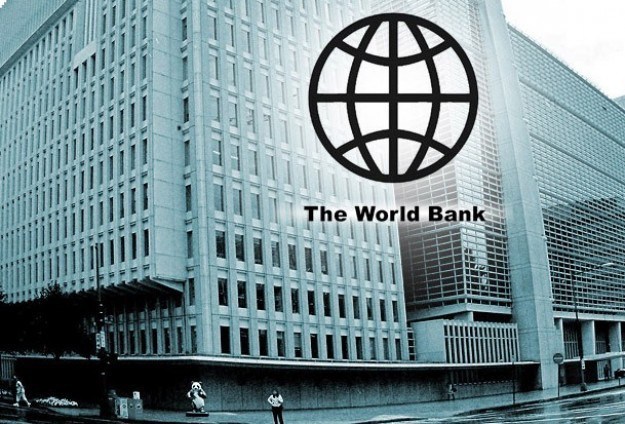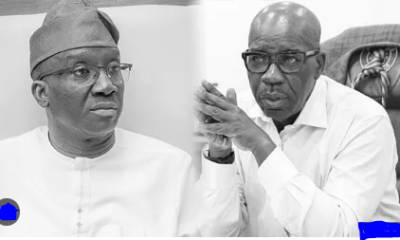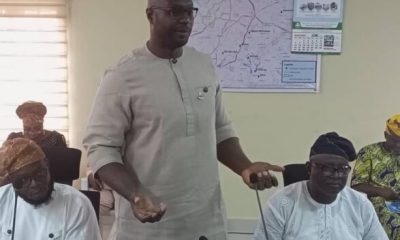Statistics from Nigeria’s Debt Management Office (DMO) has revealed that the World Bank’s portfolio in Nigeria now stands at $8.52 billion, indicating an increase of 48.69% within a two-year period.
Between March 31, 2015 and March 31, 2018, Nigeria’s indebtedness to the global bank increased by $2.7 billion, up from $5.73 billion to $8.52 billion.
Meanwhile, some disbursements from the World Bank were yet to be captured in Nigeria’s debt statistics as at the time of this report.
National Daily gathered that a large percentage of Nigeria’s indebtedness belongs to the International Development Association, an arm of the World Bank which gives concessional loans to troubled and “fragile” countries. Nigeria owes the International Development Association the sum of $8.4 billion.
Nigeria also owes about $124.18 million to the International Bank for Reconstruction and Development, another arm of the World Bank.
From the foregoing, it can be seen that the total sum of Nigeria’s World Bank debt (that is $8.52 billion) accounts for about 38.6% of the country’s entire foreign debt.
Nigeria has over the years relied on loans from the World Bank to finance/facilitate many projects, even on occasions when such policy moves were controversial.
As at March 31st, 2018, the entirety of Nigeria’s foreign debt portfolio stood at $22.07 billion. The country is indebted to the African Development Bank to the tune of $1.32 billion. It also owes the African Development Fund the sum of $835.14 million.
Other multilateral organisations Nigeria is indebted to are: The International Fund for Agricultural Development – $160.38 million; The Arab Bank for Economic Development – $5.88 million; The EDF Energy, France – $70.28 million and the Islamic Development Bank – $17.5 million.
A further breakdown of the country’s indebtedness to multilateral organisations shows that it makes up about 49.56% of its external debt portfolio. This is unlike bilateral debt which makes up only 10.61% or $2.34 billion in exact terms.
Unfortunately, as Nigeria has over time continued to borrow billions of dollars from different sources while increasing its debt portfolio, there are little or zero tangible results to substantiate these huge borrowings, even as the majority of Nigerians continue to perish in extreme poverty.

 Business1 week ago
Business1 week ago
 Football1 week ago
Football1 week ago
 Entertainment6 days ago
Entertainment6 days ago
 Latest1 week ago
Latest1 week ago
 Entertainment3 days ago
Entertainment3 days ago
 Business1 week ago
Business1 week ago
 Latest1 week ago
Latest1 week ago
 Comments and Issues6 days ago
Comments and Issues6 days ago













